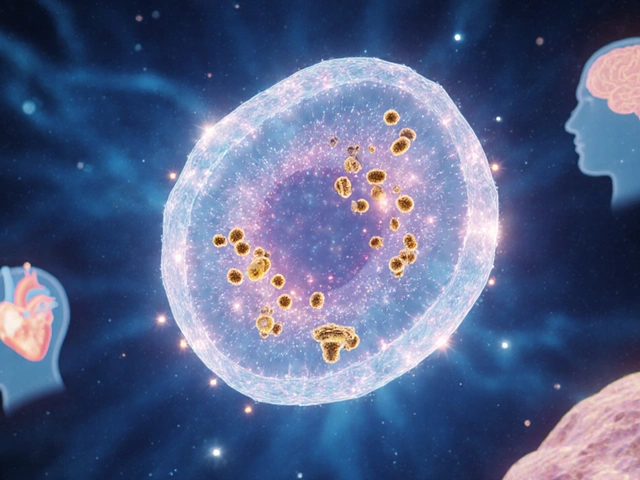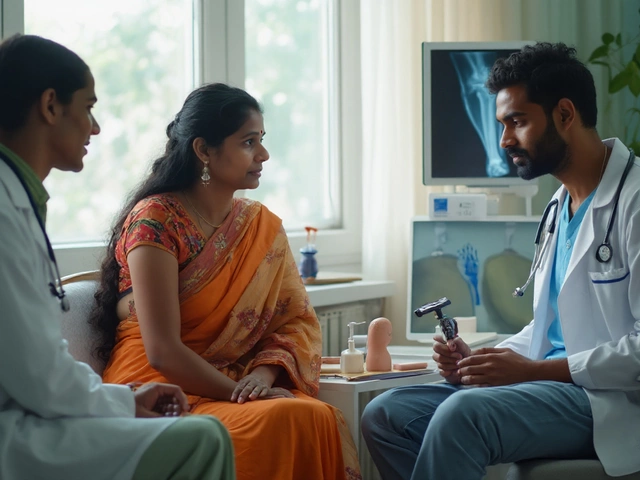Organ Transplant: What You Need to Know Before Going Forward
Thinking about an organ transplant? You’re probably juggling a lot of questions – how safe is it, what side effects could pop up, and whether the medicines you’ll take might cause problems. This guide breaks down the most important points in plain language, so you can make a confident decision.
Why Toxic Medicine Insights Matter for Transplants
Every transplant patient ends up on a cocktail of immunosuppressants, anti‑reject drugs, and sometimes antibiotics. In India, the quality and composition of these medicines can vary, and a few ingredients may be more toxic than they look on the label. Our site tracks the latest reports on drug contaminants, dosage errors, and adverse reactions, giving you a clear picture of what to expect.
For example, some generic tacrolimus batches have been flagged for higher impurity levels, which can increase kidney strain. Knowing this early lets you ask your surgeon or pharmacist for a trusted brand or a lab‑tested alternative.
Common Side Effects and How to Manage Them
Side effects are a normal part of the transplant journey. The most frequent ones include:
- Kidney irritation – drink plenty of water, avoid NSAIDs, and get regular blood tests.
- High blood sugar – monitor your glucose levels, cut down on sugary drinks, and discuss metformin alternatives with your doctor.
- Increased infection risk – wash hands often, keep wounds clean, and stay up to date on vaccinations.
- Weight gain – stick to a balanced diet, walk daily, and ask your team about safe exercise plans.
Each of these issues can be handled better when you know which medicines are likely to cause them. Our database flags pills that have a higher chance of raising blood pressure or affecting liver enzymes, so you can plan ahead.
Another tip: keep a daily log of how you feel, any new symptoms, and the exact drug names and doses you’re taking. Bring this log to every follow‑up – it helps your doctor spot patterns and adjust treatment before problems get serious.
Finally, don’t overlook mental health. The stress of surgery, medication side effects, and lifestyle changes can trigger anxiety or depression. Simple steps like talking to a counselor, joining a transplant support group, or practicing short breathing exercises can make a big difference.
In short, an organ transplant can give you a new lease on life, but staying informed about drug toxicity and side effects is key. Use the resources on Toxic Medicine Insights to check the safety record of every medication you’re prescribed, and keep the conversation open with your healthcare team.

Discover the World's Most Expensive Surgeries: Costs, Facts, and Why They're Priceless
Explore the most expensive surgeries worldwide, why they cost so much, and the staggering stories and facts surrounding these extreme medical procedures.

CoQ10 Benefits: Uses, Dosage, and Safety Guide
Oct, 8 2025



